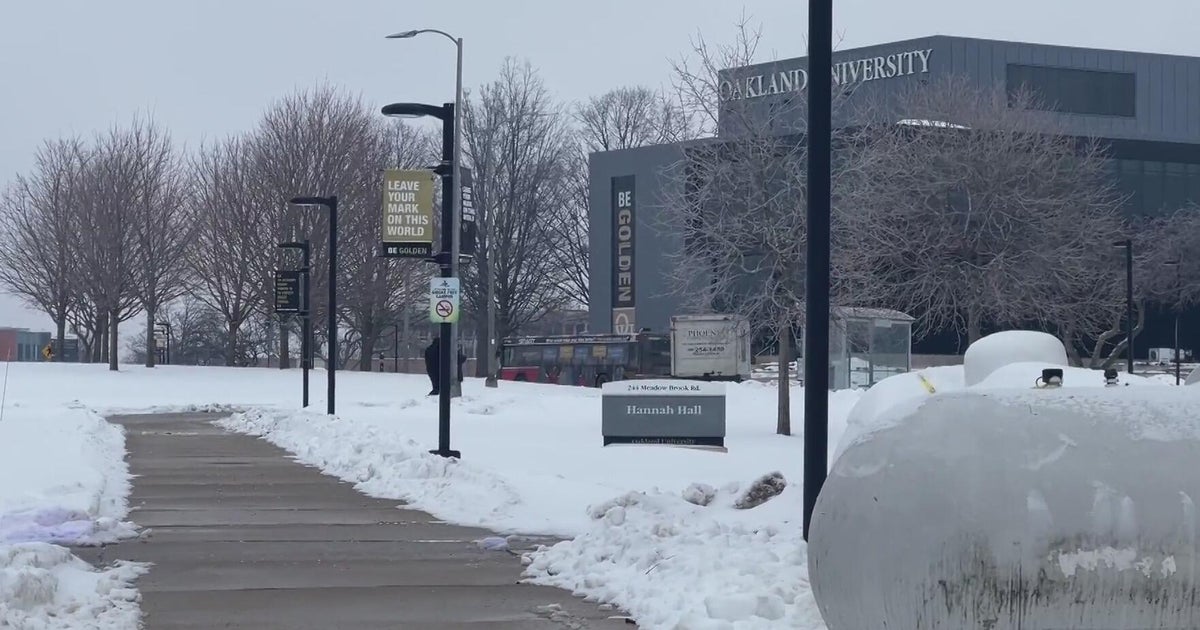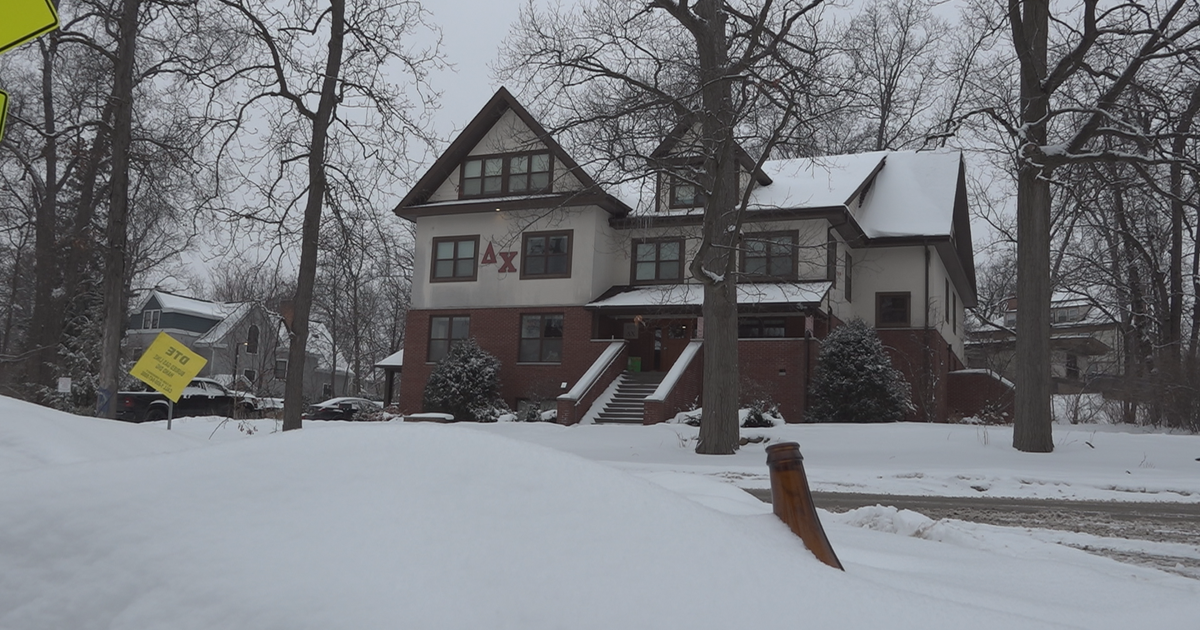As midterms near, the debate over student loan forgiveness heats up: "It's like getting punished for being poor"
Megan Douglas graduated from the University of Michigan in 2003 with $20,000 in student loan debt. The 40-year-old mother of three took out $20,000 more to help get a master's degree but after years of interest when her payments resume, she will face a debt total that has nearly doubled.
"The whole time that you're not making enough to pay these debts now, you're accruing interest still and so it's like getting punished for being poor," she told CBS News.
Douglas is one of more than 43 million borrowers who hold more than $1.6 trillion in federal student loan debt, the second-largest debt held by Americans, behind mortgages.
"I have a quarter of my salary left to buy food, take care of my child and then it just becomes unsustainable, life just becomes unsustainable at that point," said Douglas.
President Biden has said he is looking at different options to forgive an unspecified but substantial amount of federal student loan debt. The White House has already pardoned $17 billion in federal student loans and put repayments on hold for the rest of the borrowers through August.
With the average cost of a four-year college degree climbing to over $115,000, Democrats like Sen. Elizabeth Warren argue Mr. Biden can cancel student loan debt without congressional action.
"Forty percent of that 43 million are dealing with student loan debt and college loan debt — on what a high school grad makes," Warren said.
"That four-year college that you can get by on a part-time waitressing job, it's just not there," she added.
Republicans agree rising costs are a problem but have introduced legislation blocking the president from forgiving student loans.
"Canceling student debt would also be grossly unfair to the Americans who worked hard for years to pay off their loans," Sen. John Thune said.
Other Republican senators also question if Mr. Biden can cancel student loans without going through Congress as Warren had said. The Department of Education has yet to come to a conclusion.
Recent polls show most Americans favor some type of loan forgiveness and that may factor into the administration's decision.
Income-based forgiveness may be more legally viable, according to student loan expert Mark Kantrowitz, but it won't solve the central problem.
"Loan forgiveness is a one-time event. It doesn't increase college access or graduation rates and it doesn't help future students," Kantrowitz said.




